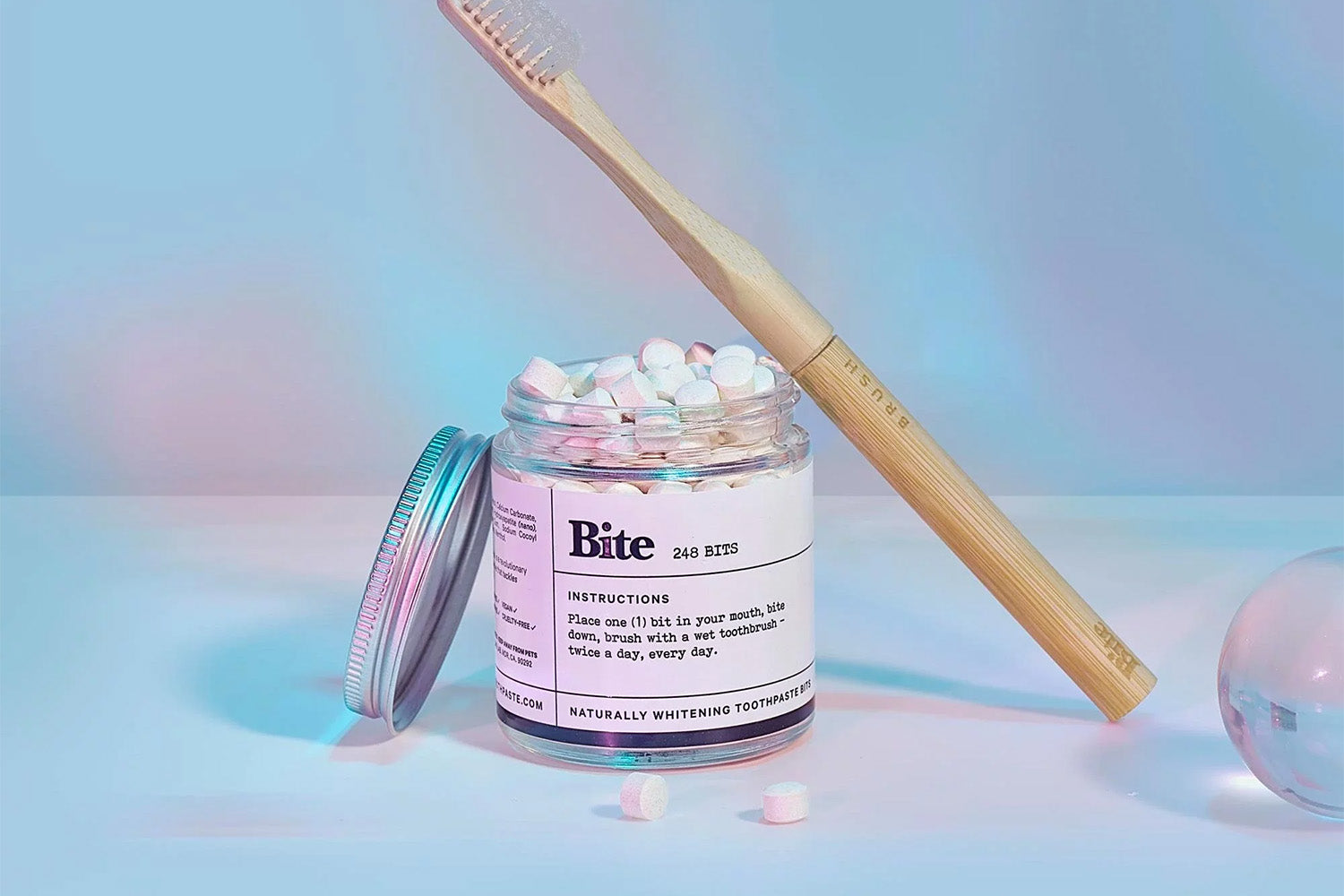Sustainability Ecology: What Is It & Why Is It Important?
In recent years, the term ‘sustainability’ has grown in popularity regarding taking steps to conserve the environment.
Sustainability is especially crucial in reference to ecology, which is the study of how organisms interact with one another and how those interactions affect ecosystems.
That said, how do sustainability and ecology interact? Read on as Bite explores.
What Is Sustainable Ecology?
Sustainable ecology refers to the restoration and maintenance of ecosystems to promote stability and deter destruction and damage.
Ecosystems are crucial because they provide both direct and indirect benefits to humans. Ecosystems also provide essential resources like food and components of pharmaceuticals, so maintaining and taking care of them is incredibly important.
Unfortunately, many ecosystems continue to suffer the consequences of pollution and climate change. The hunger for monetary profit and our culture of overconsumption and waste have led to devastating effects on the ecosystems that fuel us.
Sustainable ecology is a vital tool to combat the negative consequences of human actions on the environment.
What Does Sustainable Ecology Entail?
Because there are many different types of ecosystems, there are also many ways to promote sustainable ecology. Below are some examples of sustainable ecology on a larger scale.
Appropriate Use of Land
Though beneficial for providing produce, industrial farming uses up essential resources like water and strips vital nutrients from the soil used to grow crops.
Crop rotation is a strategy in which crops are planted in different areas over several years, causing the crops that follow to replenish the soil's nutrients.
Crop rotation helps prevent the need to use an excessive amount of land and leave the land with soil that cannot be used for crops.
Atmospheric Maintenance
Air pollution is a significant contributor to the destruction of ecosystems on land, so it is vital to address and combat air pollution.
For example, sulfur is an air pollutant that causes excess levels of acid in water sources that can damage trees and soil. The Clean Air Act enacted in 1970 allows for regulations on emissions that cause air pollution and lead to ecosystem destruction.
Preservation of Ecosystems
Ecosystem preservation involves protecting ecosystems from harmful human activities. For example, the Okavango delta in Africa has protections in place to preserve this wetland because wetlands improve water quality and help deter flooding and erosion.
For forest ecosystems, regulations are put in place to carry out sustainable logging that helps prevent deforestation.
Preservation of Freshwater and Oceans
From oil spills to plastic dumping, ocean and freshwater ecosystems are suffering. The ocean provides half of the earth’s oxygen and makes up 70 percent of the earth — the number of species that live in the ocean is almost unimaginable.
Actions like protecting different areas of the ocean help at-risk sea life recover from the effects of water pollution and move away from areas in which water temperatures are rising.
Reduction of Human Use of Resources
With a large amount of single-use products, companies are constantly over-consuming resources that damage ecosystems that are crucial to the earth’s health.
Discouraging overconsumption and promoting more sustainable practices will help decrease the demand for resources that continue to destroy our planet.
Why Does Sustainable Ecology Matter?
Though you do not see most ecosystems in action, sustainable ecology is vital because those ecosystems provide important resources that help keep our earth habitable. Ecosystems majorly contribute to our quality of life and allow us to use resources that are vital for our survival. We only have one earth, and it is crucial to take care of the precious planet that we have for several reasons.
Quality of Life
Having clean air, beautiful forests, and majestic oceans is crucial to an overall good quality of life.
These resources also contribute to our physical health — clean air to breathe, woods and forests to exercise in, oceans to swim in, and nutrient-dense food to consume.
Ecosystem Protection
Sustainable ecology helps protect ecosystems and restore the damage done to our environment. Ecosystem protection is vital to the earth's healing by supporting the plant and animals that comprise those ecosystems.
Natural Resource Degradation
Because there is an overconsumption of natural resources, it is difficult for these resources to be replenished. Sustainable ecology allows us to better learn about how these systems work and what harms them, leading to solutions that will help replenish natural resources.
Future Generations
We are already experiencing the effects of environmental damage — rising water levels and temperatures, air and water pollution, and climate change. These consequences will only continue to worsen for the generations to come.
What we do now to help the environment will go a long way to help our future generations have a better quality of life.
Climate Change
Because of air pollutants that contribute to rising temperatures on land, water levels are also rising. Carbon dioxide is a major pollutant that causes air and water temperatures to rise.
Sustainable ecology helps combat harmful human activities that emit carbon dioxide by prioritizing sustainable sourcing of resources and reducing water consumption.
How Can I Get Involved?
There are plenty of ways to involve yourself in sustainable ecology. Along with education, there are practical ways to help preserve the environment and precious ecosystems.
Use Less Energy
Fossil fuels, made from dead plants and animals, are used to generate electricity — but burning fossil fuels releases carbon dioxide, a harmful pollutant.
Reducing the amount of electricity you use can help reduce the fossil fuels needed to generate excess electricity.
There are several ways that you can reduce your electricity use. LED light bulbs use 75 percent less electricity than incandescent bulbs and last longer than traditional bulbs.
Speaking of light bulbs, turning off lights when you are not using them is an easy way to reduce your electricity use. You can also only use lights when absolutely necessary — make the most of any beautiful natural light in your home!
Opt for Reusable Alternatives
Reusable alternatives for single-use products help reduce waste in landfills and ecosystems. For example, reusable bags are a great alternative to plastic shopping bags. You can also find various styles and materials of bags to express your unique style while also cutting back on your plastic use.
Another example is opting for a bamboo toothbrush instead of plastic toothbrushes that eventually get thrown away but can’t break down.
At Bite, we prioritize the connection between personal health and environmental health. When we take better care of ourselves with sustainable options, we are taking better care of our planet, too.
Our natural Toothpaste Bits come in a glass jar with compostable refill packs for the utmost convenience — and a minimized environmental impact. Plus, when you’re done, you can reuse the glass jar as decor, storage, or drinkware.
Reduce Meat Consumption
The meat industry in the US involves raising an excess of livestock and other animals that contributes to deforestation and the emission of methane, a greenhouse gas. Reducing your meat consumption can help lower the demand for meat, reducing deforestation and methane emissions.
Today, replacing meat with plant-based alternatives can be easier than ever thanks to the growing number of options. You can replace the protein you receive from meat with alternatives like beans and legumes, but you can also purchase products like tofu or plant-based meat if you want something that tastes similar to what you’re used to.
Reduce Water Usage
Warm water requires a great deal of energy for heating, and carbon dioxide is released during this process. Reducing your water usage and using a cooler water temperature can reduce carbon dioxide and help combat climate change.
Some practical ways of reducing your water usage include taking showers instead of baths, using cold water to wash your clothes, and reducing the amount of time you spend in the shower. Showering uses up to 25 gallons of water, whereas bathing can use up to 70 gallons.
The Bottom Line
Sustainable ecology, in essence, helps ensure that our ecosystems are adequately supported so they can thrive long-term. There are practical ways to practice sustainable ecology on a smaller scale, but you can also learn about ways in which large companies and corporations are either helping or hurting the environmental crisis.
At Bite, we are committed to the sustainable practices that provide you with products that help you take care of your body and the earth as well. Even the small steps can go a long way.
Sources:
ecological sustainability | USDA Forest Service
Sustainable Farming & Land Use: Rural Land Loans | AgAmerica
Ecosystems and Air Quality | US EPA
Summary of the Clean Air Act | US EPA
Preservation | National Geographic Society
A Better Future Through Protecting America's Ocean Habitats | NRDC
Generating Electricity: Fossil Fuels | Let's Talk Science
Cows and climate change | UC Davis


